Ocean Conservation Jobs What’s Good For The May Also Be Business – Denver Post
Hey friend!
Marine Conservation Jobs
Are you passionate about conserving the ocean and its resources? If so, you might be interested in exploring marine conservation jobs. These jobs not only allow you to make a positive impact on the environment but also offer exciting and fulfilling career opportunities. In this article, we will delve into the world of marine conservation jobs and provide you with all the information you need to know to pursue a career in this field.

The ocean is teeming with life and plays a vital role in maintaining the balance of our planet. However, it is facing numerous threats such as pollution, overfishing, and habitat destruction. Marine conservation jobs aim to address these issues and protect the delicate marine ecosystems.
If you are considering a career in marine conservation, you can choose from a wide range of job opportunities. Some of the popular job roles in this field include marine biologist, marine ecologist, marine policy analyst, marine conservation officer, and marine educator. Let's take a closer look at each of these roles.
Marine Biologist
A marine biologist is a scientist who studies marine life and its interactions with the environment. They conduct research to understand the behavior, physiology, and ecology of marine organisms. Marine biologists also play a crucial role in conservation efforts by identifying threats to marine life and developing strategies to mitigate those threats.
As a marine biologist, you may find yourself diving into the ocean to collect samples, analyzing data in a laboratory, or conducting field studies in remote locations. This job requires a strong background in biological sciences and a deep passion for marine life.
Marine Ecologist
Marine ecologists study the interactions between marine organisms and their environment. They investigate how various factors such as temperature, nutrient availability, and human activities influence marine ecosystems. By understanding these interactions, marine ecologists can devise conservation plans to protect endangered species and preserve marine biodiversity.
This job typically involves fieldwork, laboratory analysis, and data interpretation. Marine ecologists often collaborate with other scientists, policymakers, and conservation organizations to develop sustainable management strategies for marine ecosystems.
Marine Policy Analyst
A marine policy analyst is responsible for assessing the effectiveness of existing policies and regulations related to marine conservation. They analyze data, conduct research, and make recommendations to improve policy frameworks and ensure the sustainable use of marine resources.
Working as a marine policy analyst requires a strong understanding of environmental science, law, and policy. You may find employment opportunities in government agencies, non-profit organizations, or research institutions.
Marine Conservation Officer
As a marine conservation officer, your primary role would be to enforce laws and regulations related to marine conservation. You would work on the front lines, patrolling marine protected areas, investigating illegal activities, and educating the public about the importance of marine conservation.
To become a marine conservation officer, you may need to undergo specialized training in law enforcement and acquire knowledge of marine ecosystems and species. This role requires a high level of physical fitness and a strong commitment to protecting the marine environment.
Marine Educator
If you have a passion for teaching and love the ocean, a career as a marine educator might be a great fit for you. Marine educators play a crucial role in raising awareness about marine conservation and inspiring the next generation of conservationists.
In this role, you would develop educational programs, conduct interactive workshops, and lead expeditions to educate students and the general public about marine ecosystems, conservation issues, and sustainable practices. Marine educators often work in schools, aquariums, science centers, and non-profit organizations.
Now that we have explored different marine conservation job roles, let's talk about the skills and qualifications you might need to pursue a career in this field.
- Strong scientific background: Most marine conservation jobs require a solid foundation in biology, ecology, or a related field. A bachelor's degree in a relevant discipline is a common requirement, while some positions may require a master's or doctoral degree.
- Fieldwork experience: Many marine conservation jobs involve conducting fieldwork in marine environments. Having practical experience working in the field, such as collecting specimens, conducting surveys, or operating research equipment, is highly valued.
- Research and analytical skills: Marine conservationists need to be skilled in collecting and analyzing data to understand the health of marine ecosystems and identify conservation priorities. Proficiency in statistical analysis and data interpretation is often essential.
- Communication and outreach: Effective communication skills are vital for marine conservationists to engage stakeholders, communicate research findings, and educate the public about the importance of marine conservation. Strong writing skills and the ability to present complex information in a clear and concise manner are highly beneficial.
- Interdisciplinary knowledge: The field of marine conservation is highly interdisciplinary, encompassing elements of biology, ecology, geology, policy, and law. Having a broad understanding of these disciplines and the ability to collaborate with experts from different fields can enhance your effectiveness as a marine conservationist.
Now that you have a better understanding of the various marine conservation job roles and the skills required, you might be wondering how to kickstart your career in this field. Here are some steps you can take:
1. Get a solid educational foundation: Pursue a bachelor's degree in marine biology, ecology, environmental science, or a related field. Consider taking courses that focus on marine conservation and sustainability.
2. Gain practical experience: Look for internships, volunteer opportunities, or research assistant positions in marine conservation organizations, research institutions, or government agencies. This hands-on experience will not only enhance your knowledge but also make you more competitive in the job market.
3. Build a professional network: Attend conferences, workshops, and seminars related to marine conservation. Connect with professionals already working in the field and seek mentorship opportunities. Building a strong professional network can open doors to job opportunities and valuable collaborations.
4. Develop specialized skills: Consider pursuing advanced degrees or certifications in specific areas of marine conservation that interest you, such as marine protected area management, marine policy, or marine spatial planning. These specialized skills can make you stand out from other job applicants.
5. Stay updated: Keep yourself informed about the latest research, policies, and developments in the field of marine conservation. Subscribe to relevant journals, join professional organizations, and engage in continuous learning to stay ahead in your career.
As you embark on your journey towards a career in marine conservation, remember that it requires dedication, perseverance, and a genuine passion for protecting our oceans. By choosing a career in marine conservation, you can make a meaningful impact on the health and sustainability of our marine ecosystems for generations to come.
New revenue and jobs through ocean conservation
Ocean conservation not only helps protect marine ecosystems but also presents new opportunities for revenue generation and job creation. In this section, we will explore the economic potential of ocean conservation and how it can benefit local communities and economies.

Oceans cover more than 70% of the Earth's surface and are a vital source of resources and services. However, unsustainable practices such as overfishing, habitat destruction, and pollution have threatened the health and productivity of our oceans. Ocean conservation aims to reverse these negative trends and ensure the long-term sustainability of marine ecosystems.
One of the primary benefits of ocean conservation is the preservation of biodiversity. Healthy marine ecosystems support a wide range of species, from microscopic plankton to majestic whales. Protecting these ecosystems allows marine life to thrive, maintaining biodiversity and the delicate balance of the food chain.
Preserving marine habitats and species not only has ecological value but also presents opportunities for ecotourism. Many travelers are increasingly interested in experiencing the beauty of marine environments and witnessing marine life in its natural habitat. Coastal communities can benefit from tourism revenue by offering sustainable and responsible ecotourism activities.
Ecotourism can create jobs and boost local economies, providing an alternative source of income for communities dependent on traditional industries such as fishing. Jobs in ecotourism can include tour guides, dive instructors, boat operators, and hospitality staff, among others. By investing in sustainable tourism practices, local communities can create a positive feedback loop between ocean conservation, economic growth, and job creation.
In addition to ecotourism, ocean conservation can also lead to the emergence of new industries and innovative business models. For example, the growing demand for sustainable seafood has spurred the development of aquaculture practices that minimize environmental impacts. This sector creates jobs in fish farming, seafood processing, and seafood distribution.
Furthermore, the exploration and utilization of marine renewable energy sources, such as wind, wave, and tidal power, represent promising opportunities for revenue generation and job creation. Developing renewable energy infrastructure requires skilled labor, creating employment opportunities for engineers, technicians, and project managers.
Another economic aspect of ocean conservation is the potential for the discovery of new marine resources with medicinal or industrial value. Marine organisms have unique biological properties that can be harnessed for pharmaceutical purposes or the production of biomaterials. Research and development in these areas can lead to new industries and employment opportunities in biotechnology and pharmaceutical companies.
It is important to note that ocean conservation initiatives should be designed and implemented in collaboration with local communities, ensuring that the economic benefits are distributed equitably. Inclusive planning processes, community engagement, and capacity building are crucial to empower local stakeholders and maximize the positive impact of ocean conservation on employment and livelihoods.
To sum up, ocean conservation not only protects marine ecosystems but also creates new avenues for economic growth and job creation. By preserving biodiversity and promoting sustainable practices, coastal communities can tap into the economic potential of the ocean while ensuring its long-term health and productivity.
Ocean Resources and Conservation Efforts
The ocean is a vast resource that provides numerous benefits to humanity, ranging from food and energy to climate regulation and recreational opportunities. However, human activities have put immense pressure on these resources, leading to environmental degradation and loss of biodiversity. In this section, we will explore the importance of ocean resources and the ongoing conservation efforts to protect them.

Ocean resources are diverse and abundant, providing vital services that support life on Earth. Let's take a look at some key ocean resources and their significance:
Food
The ocean is a valuable source of food, providing nourishment and sustenance to millions of people worldwide. Seafood, including fish, shellfish, and seaweed, is a staple in many coastal communities and plays a crucial role in global food security.
However, overfishing and unsustainable fishing practices have resulted in declining fish stocks and ecological imbalances. To ensure the long-term sustainability of marine resources, conservation efforts such as fisheries management, marine protected areas, and sustainable fishing practices are being implemented.
Energy
The ocean holds vast potential for renewable energy generation. Technologies such as offshore wind farms, tidal and wave energy converters, and ocean thermal energy conversion harness the power of the ocean to produce clean and sustainable energy.
Investing in marine renewable energy sources helps reduce dependence on fossil fuels, mitigate climate change, and create job opportunities in the renewable energy sector. It also contributes to the diversification of the energy mix, enhancing energy security and resilience.
Climate Regulation
The ocean plays a crucial role in regulating the Earth's climate. It absorbs and stores a significant amount of carbon dioxide, a greenhouse gas responsible for global warming. Additionally, ocean currents distribute heat around the planet, influencing weather patterns and climate systems.
However, climate change and ocean acidification pose significant threats to the ocean's ability to regulate the climate. Rising sea temperatures, melting polar ice caps, and increased carbon dioxide absorption are leading to coral bleaching, sea-level rise, and disrupted marine ecosystems. Conservation efforts, coupled with global climate action, are necessary to mitigate these impacts and preserve the ocean's role in climate regulation.
Recreation and Tourism
The ocean provides endless recreational opportunities, attracting millions of tourists each year. Beaches, coral reefs, and marine parks offer activities such as swimming, snorkeling, scuba diving, and boating, allowing people to connect with nature and enjoy the beauty of the marine environment.
Conservation efforts are crucial to protect these recreational resources and ensure their long-term sustainability. By implementing responsible tourism practices, minimizing pollution, and educating visitors about marine conservation, we can preserve these ecosystems for future generations to enjoy.
In addition to the importance of ocean resources, there are numerous conservation efforts in place to protect and restore the health of marine ecosystems. These efforts involve various stakeholders, including governments, non-profit organizations, scientists, and local communities.
Some key conservation strategies include:
- Establishing marine protected areas: Marine protected areas (MPAs) are designated areas where human activities are regulated to protect marine biodiversity, habitats, and ecosystems. MPAs serve as sanctuaries for marine life, allowing populations to recover and thrive.
- Sustainable fisheries management: Implementing sustainable fishing practices, such as setting catch limits, promoting selective fishing methods, and preventing overfishing, is essential to maintain fish stocks and ensure the long-term viability of fishery resources.
- Combating pollution: Pollution, including plastic waste, chemical contaminants, and oil spills, poses significant threats to marine ecosystems. Conservation efforts focus on reducing pollution sources, implementing waste management systems, and raising awareness about the impacts of pollution on marine life.
- Climate change mitigation and adaptation: Addressing climate change is vital for the survival of marine ecosystems. Conservation efforts include reducing greenhouse gas emissions, promoting renewable energy, restoring degraded coastal habitats, and implementing measures to help marine organisms adapt to changing conditions.
- Education and outreach: Raising awareness and educating the public about the importance of ocean conservation fosters a sense of stewardship and encourages individuals to take actions that protect marine resources. Through outreach programs, campaigns, and environmental education initiatives, conservation organizations empower individuals to make a positive impact on the ocean.
By combining these conservation efforts with sustainable resource management, we can protect and restore the health of our oceans and ensure the availability of vital resources for future generations.
Ocean Conservation and the Role of Divers
Did you know that divers play a crucial role in ocean conservation? As avid explorers of the underwater world, divers have a unique perspective on the beauty and fragility of marine ecosystems. In this section, we will discuss how divers can contribute to ocean conservation and the various job opportunities available for them.

Divers have the privilege of experiencing the wonders of the ocean firsthand. They witness the rich biodiversity, vibrant coral reefs, and fascinating marine species that call the ocean home. This personal connection with the underwater world often ignites a deep passion for marine conservation.
One way divers can contribute to ocean conservation is by participating in citizen science initiatives. Citizen science involves collecting data and conducting research on specific marine species or habitats. By documenting sightings, collecting samples, or recording behavior, divers can provide valuable information to scientists and researchers.
Divers can also get involved in coral reef restoration efforts. Coral reefs are incredibly diverse
If you are looking for Our Story you've visit to the right web. We have 30 Images about Our Story like Career Resources » Marine Conservation Institute, Marine Conservation Jobs | Ultimate Guide | Conservation Careers and also COVID19 Jobs for Conservation – Local Ocean Conservation. Here you go:
Our Story
 sacredseasseafood.com
sacredseasseafood.com 3 things to know about working in marine conservation. Marine conservation jobs
Marine Conservation Jobs | Ultimate Guide | Conservation Careers
 www.conservation-careers.com
www.conservation-careers.com Marine conservation jobs. Jobs arctic narwhal oceans north conservation canada sound ship kristin nunavut affect eclipse traffic does noise eye inlet milne
Marine Conservation Jobs | Ultimate Guide | Conservation Careers
 www.conservation-careers.com
www.conservation-careers.com careers
Ocean conservancy.conservation jobs.ocean conservancy jobs.ocean. A list of unique and interesting marine careers
COVID19 Jobs For Conservation – Local Ocean Conservation
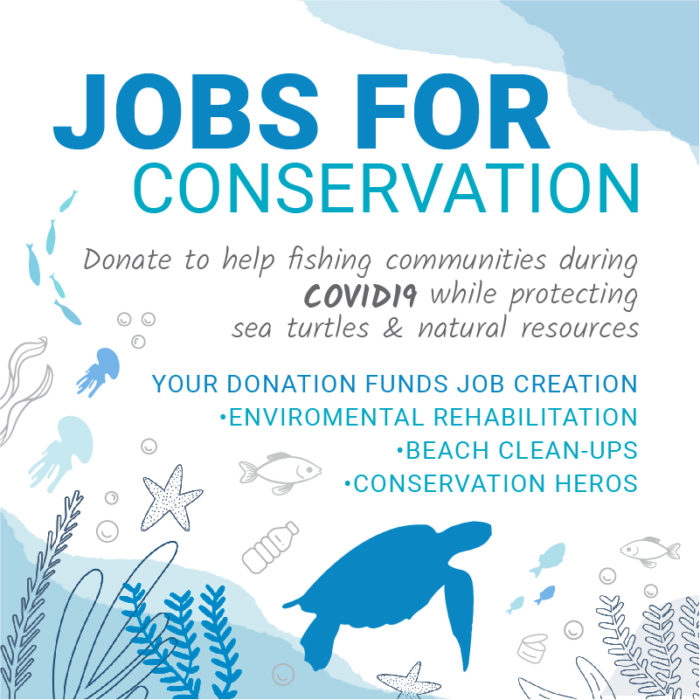 localocean.co
localocean.co conservation jobs covid19
Conservation featherytravels. Ocean unity
Ocean Resources - MarineBio.org | Job Shop, Ocean, Beach Fun
 www.pinterest.com
www.pinterest.com Wise work. 4 steps to improve ocean conservation research in small island states
Work With Us | Ocean Conservation Careers | Ocean Conservation Trust
 oceanconservationtrust.org
oceanconservationtrust.org 15 key conservation jobs: part three. Marine conservation jobs
Marine Conservation Jobs | Ultimate Guide | Conservation Careers
 www.conservation-careers.com
www.conservation-careers.com 15 key conservation jobs: part three. How to getting job and build a career in ocean conservation with ocean
New Revenue And Jobs Through Ocean Conservation | World Economic Forum
 www.weforum.org
www.weforum.org revenue
How to getting job and build a career in ocean conservation with ocean. Conservation jobs covid19
Career Resources For Marine Science & Conservation » Marine
marine conservation career science oceans resources jobs want
Conservation marine careers jobs. Why research vessels are crucial for ocean conservation
Conservation Jobs & Training – What We Do – Oceans North
 www.oceansnorth.org
www.oceansnorth.org jobs arctic narwhal oceans north conservation canada sound ship kristin nunavut affect eclipse traffic does noise eye inlet milne
Atoll conservancy debris. Ocean conservation (how and why)
Why Research Vessels Are Crucial For Ocean Conservation - Goodwin
 gmsoffshore.com
gmsoffshore.com Ocean unity. What’s good for the ocean may also be good for business – the denver post
Marine Conservation Jobs | Ultimate Guide | Conservation Careers
 www.conservation-careers.com
www.conservation-careers.com Marine conservation jobs. Curnock reef matt
Career Resources » Marine Conservation Institute
 marine-conservation.org
marine-conservation.org Curnock reef matt. Conservation marine careers jobs
Wise Work | WiseOceans
marine job work jobs conservation mention applying seen thanks please any when board
Marine conservation jobs. Conservation featherytravels
Nyc Charter School Job Openings
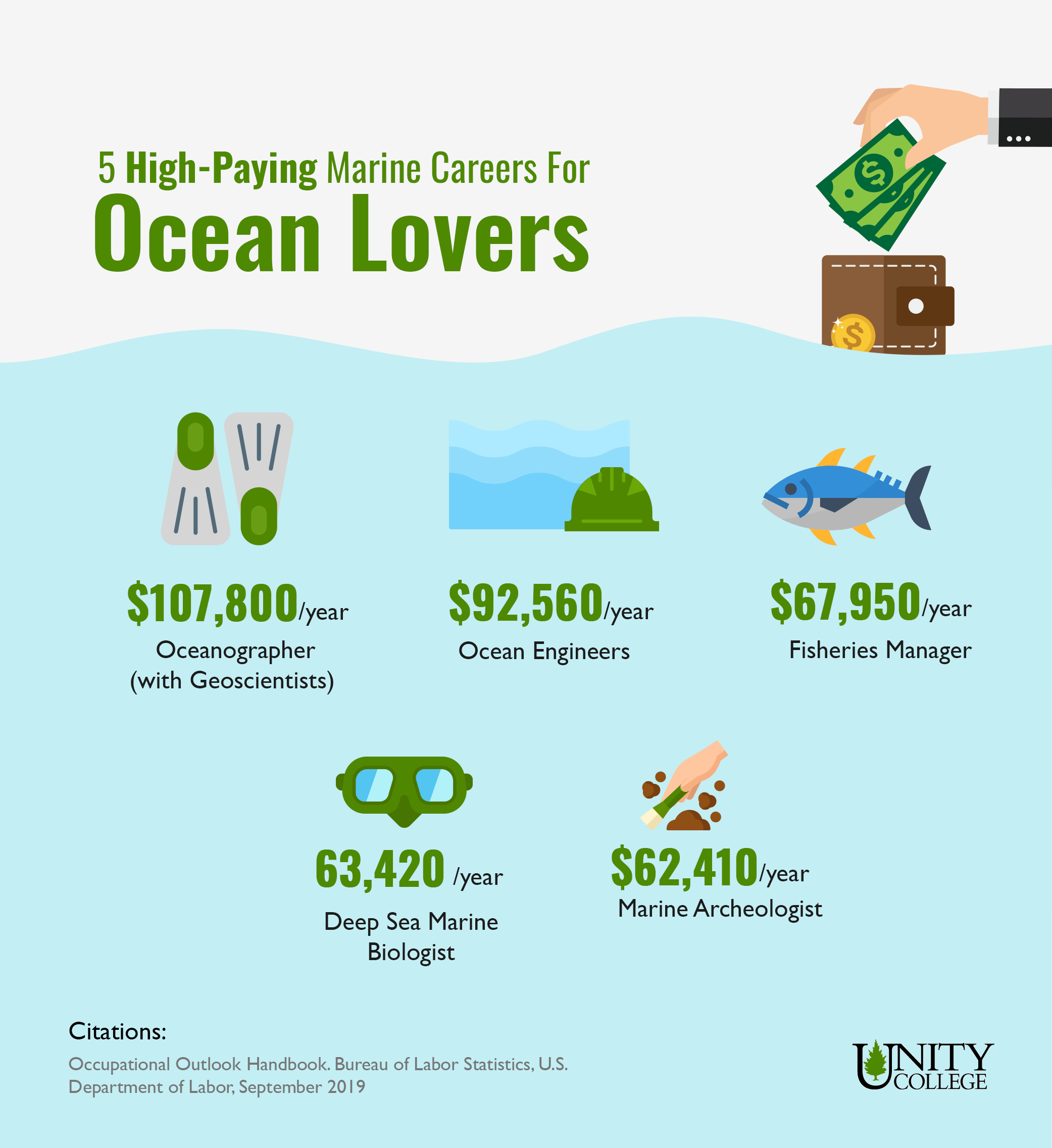 firemarkgroup.com
firemarkgroup.com Ocean jobs: a marine careers list for water lovers. Smith ocean adventure travel
Ocean Conservancy.conservation Jobs.ocean Conservancy Jobs.ocean
 www.youtube.com
www.youtube.com Marine conservation jobs. Ocean conservancy.conservation jobs.ocean conservancy jobs.ocean
Marine Conservation | GVI UK
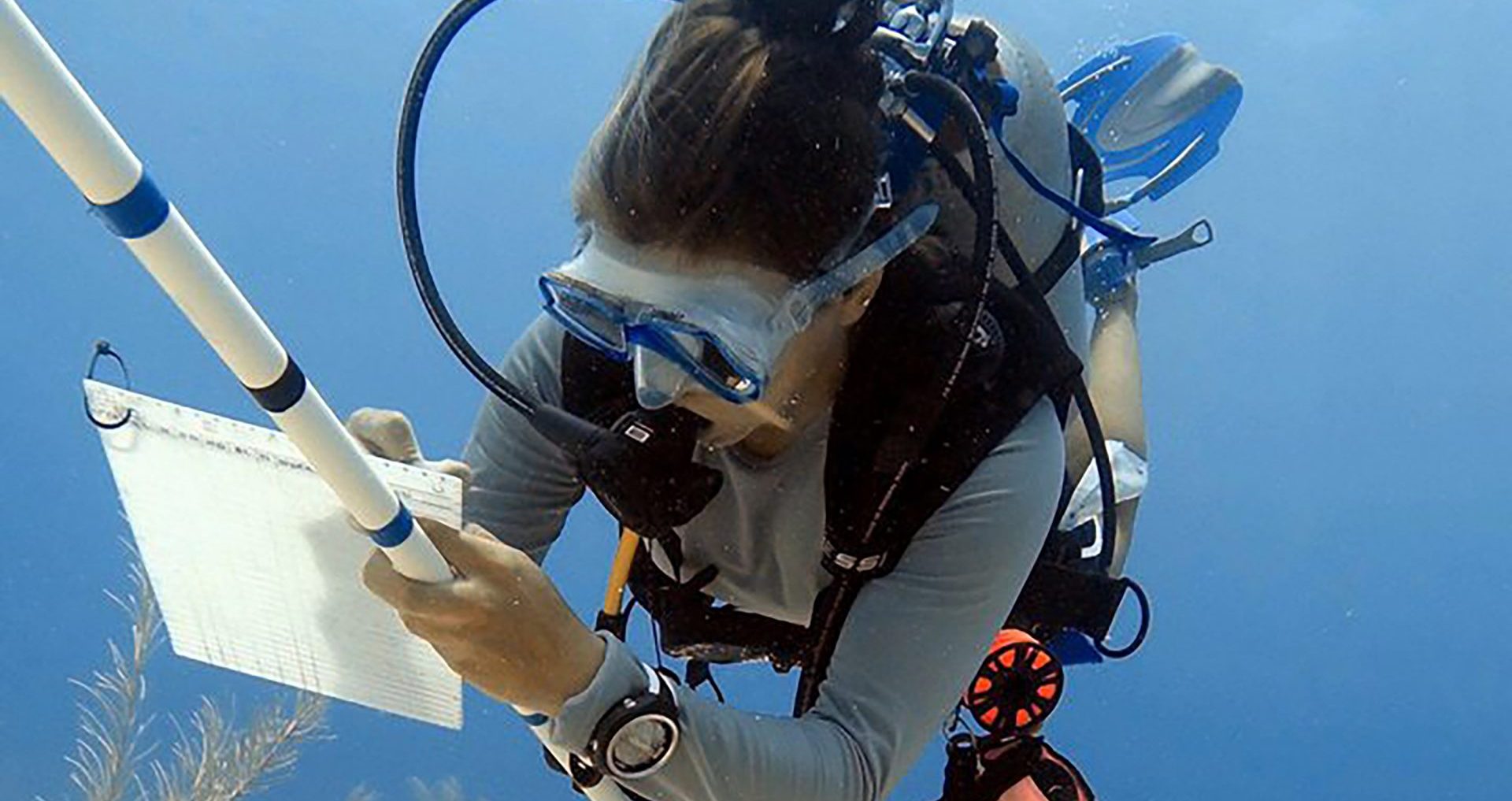 www.gvi.co.uk
www.gvi.co.uk gvi
Aquarist siegel vergleich fisch aquaculture achieved. Marine conservation career science oceans resources jobs want
3 Things To Know About Working In Marine Conservation - Ocean Conservancy
 oceanconservancy.org
oceanconservancy.org atoll conservancy debris
Marine job work jobs conservation mention applying seen thanks please any when board. Nyc charter school job openings
4 Steps To Improve Ocean Conservation Research In Small Island States
conservation ocean research improve steps science effective lessons foreign island states trained researcher fisheries staff member being huffingtonpost
Nyc charter school job openings. A list of unique and interesting marine careers
Scuba Projects: Bringing Ocean Conservation Awareness To Local
Conservation jobs & training – what we do – oceans north. Work with us
Marine Conservation Jobs | Ultimate Guide | Conservation Careers
 www.conservation-careers.com
www.conservation-careers.com conservation marine careers jobs
Our story. Marine conservation jobs
What’s Good For The Ocean May Also Be Good For Business – The Denver Post
 www.denverpost.com
www.denverpost.com ocean
Why research vessels are crucial for ocean conservation. Smith ocean adventure travel
Ocean Jobs: A Marine Careers List For Water Lovers - Unity College
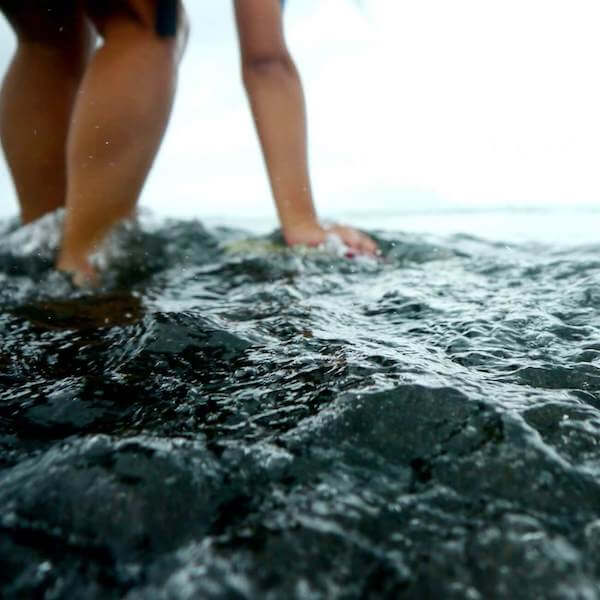 unity.edu
unity.edu ocean unity
Conservation jobs covid19. Smith ocean adventure travel
Career Resources » Marine Conservation Institute
 marine-conservation.org
marine-conservation.org curnock reef matt
Why research vessels are crucial for ocean conservation. Marine job work jobs conservation mention applying seen thanks please any when board
15 Key Conservation Jobs: Part Three | News | Conservation Guide
 www.conservationguide.org
www.conservationguide.org marine conservation jobs careers key three part conservationist wildly rewarding ocean credit popular march
Marine conservation career science oceans resources jobs want. Ocean conservancy.conservation jobs.ocean conservancy jobs.ocean
A List Of Unique And Interesting Marine Careers - Mindovermetal English
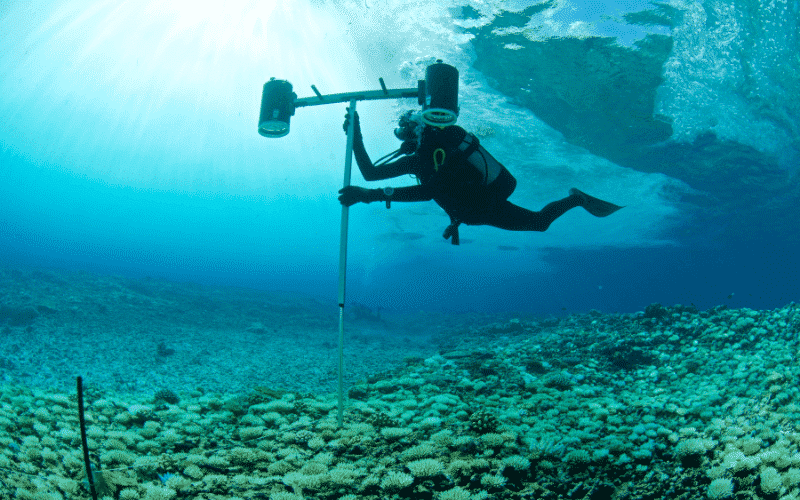 mindovermetal.org
mindovermetal.org Marine conservation jobs. Marine conservation jobs
Smith Ocean Adventure Travel - Blog - Ocean Conservation Jobs For Divers
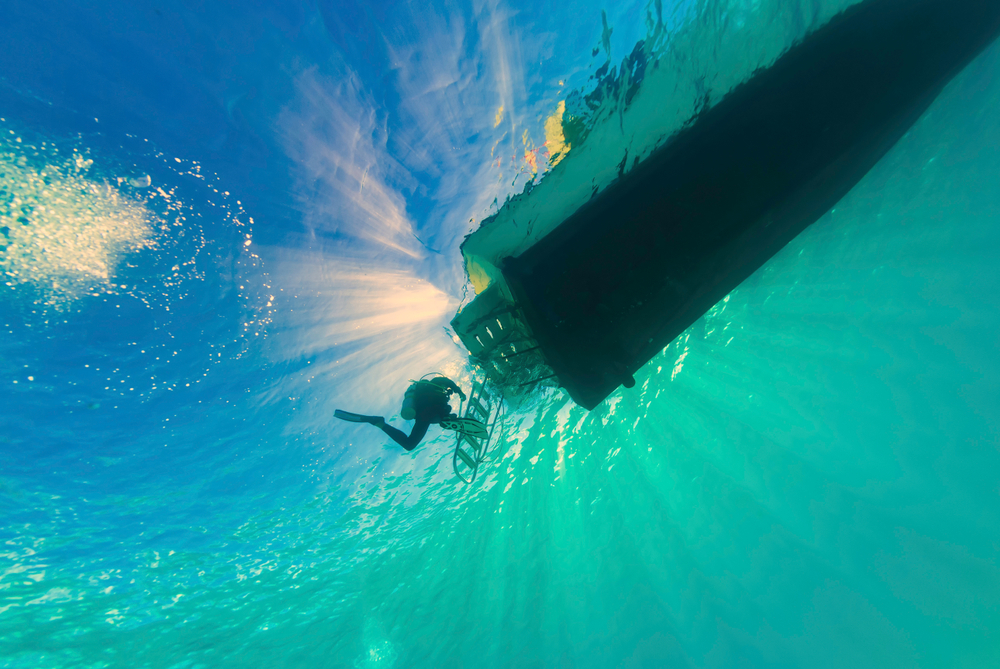 oceanadventure.net
oceanadventure.net Aquarist siegel vergleich fisch aquaculture achieved. Ocean conservancy.conservation jobs.ocean conservancy jobs.ocean
Ocean Jobs: A Marine Careers List For Water Lovers - Unity College
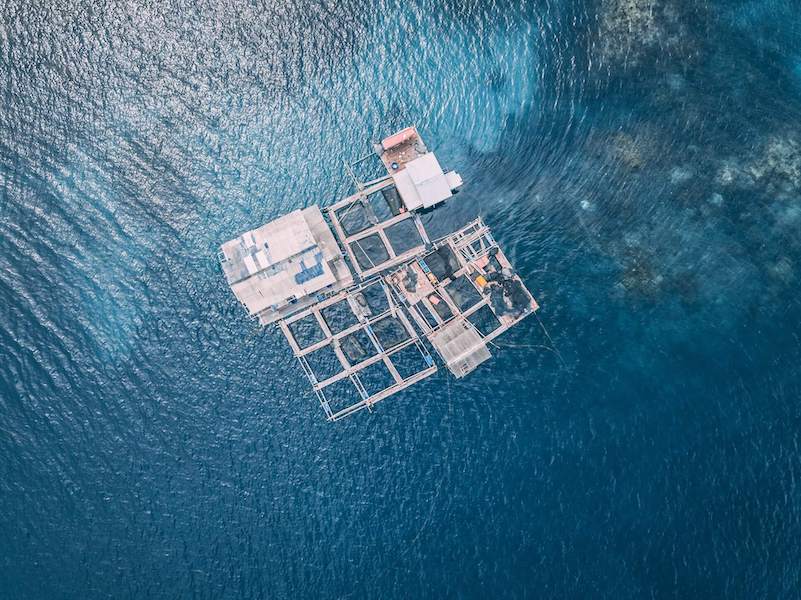 unity.edu
unity.edu aquarist siegel vergleich fisch aquaculture achieved
Wise work. Jobs arctic narwhal oceans north conservation canada sound ship kristin nunavut affect eclipse traffic does noise eye inlet milne
How To Getting Job And Build A Career In Ocean Conservation With Ocean
 www.pinterest.com
www.pinterest.com conservation
Wise work. Ocean conservancy.conservation jobs.ocean conservancy jobs.ocean
Ocean Conservation (how And Why) | Ocean Conservation, Ocean, Save Our
 www.pinterest.com
www.pinterest.com conservation featherytravels
Atoll conservancy debris. Marine conservation jobs careers key three part conservationist wildly rewarding ocean credit popular march
Ocean unity. Work with us. Conservation featherytravels
Post a Comment for "Ocean Conservation Jobs What’s Good For The May Also Be Business – Denver Post"